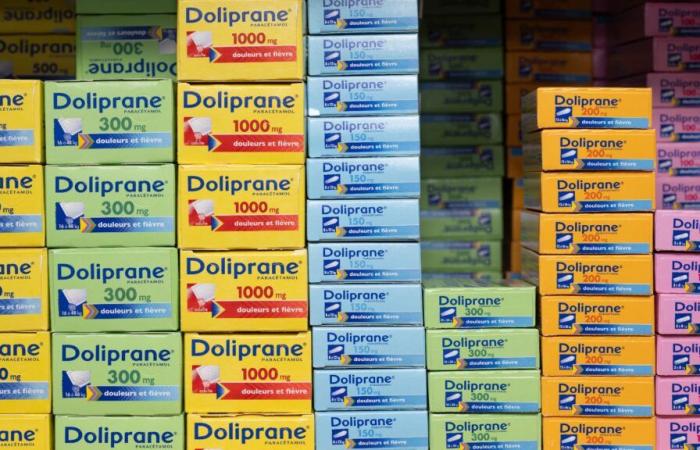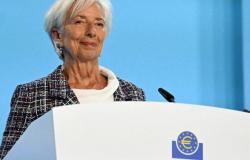The Ministry of Economy imposes its conditions on the buyers of these two jewels of French pharmacy. To the point of forcing Servier to give up on selling Biogaran. The game is not won for Sanofi.
The interventionist state is back. Usually vigilant about the sale of French companies, the government has become very active on the two hot issues in the pharmaceutical sector. First, the Servier group has just given up on selling its subsidiary Biogaran after several months of arm wrestling with the government.
“We had a huge influence on this matter,” said a source close to Bercy. “We were opposed to this operation and imposed strict conditions for maintaining employment and the supply of medicines in France.”
A subject that has become strategic since Covid. The outgoing Minister of Industry, Roland Lescure, had even opposed Biogaran being sold to the Indian group Aurobindo. “A position that is not easy to maintain when diplomatic relations with India are sensitive,” said his entourage.
The alliance between the British fund BC Partners and BPI France had largely received the preference of Bercy. “It was the least bad option,” adds this insider. But this choice led to “killing” the call for tenders. According to our information, the duo offered a low price of around 500 to 600 million euros while the Indians offered around 800 million euros. “A huge gap that pushed Servier to give up,” explains a person close to the case.
File followed by the Élysée
The outgoing government also weighs heavily in the other major pharmaceutical issue of the moment: the sale of Doliprane. The French Sanofi wants to separate its consumer division which contains non-prescription drugs, i.e. around a hundred brands worldwide including the famous painkiller. Doliprane, 100% French, represents two factories in Lisieux and Compiègne and 950 jobs in the territory.
Bercy claims to be following this matter “very closely and this goes all the way back to the Elysée”, assures a close source.
Here too, commitments on employment and supply in France will be applied. To the point of embarrassing certain investment funds, candidates for the takeover. This is the case of the American Advent which threw in the towel this summer. “It wanted Sanofi to keep Doliprane which is too Franco-French, regulated and subject to strong State intervention”, explains a good connoisseur of the operation. Categorical refusal of the pharmaceutical group which hammers home having invested 20 million euros in the Lisieux factory.
Why does Sanofi want to sell its Doliprane factories?
Prices pulled down
Among the candidates still in the running, it is assured that the government’s eye is not a problem and that it is necessary to “develop Doliprane abroad”. A difficult strategy to maintain, however, it is acknowledged at Sanofi, which explains that the consumption habits of these products are very local.
As with Biogaran, the State favours the French solution of the PAI fund over the American CD&R. No favouritism, however.
“The commitments to be respected by a French person will be equivalent to a control of foreign investments” we are assured at Bercy.
The hoped-for auction did not take place and this division would now be valued at between 12 and 13 billion euros, far from the 15 to 20 billion that Sanofi was hoping for. The group insists that it is not obliged to sell and that it is also studying an IPO. Perhaps a renunciation also for Doliprane.
Matthieu Pechberty BFM Business journalist







